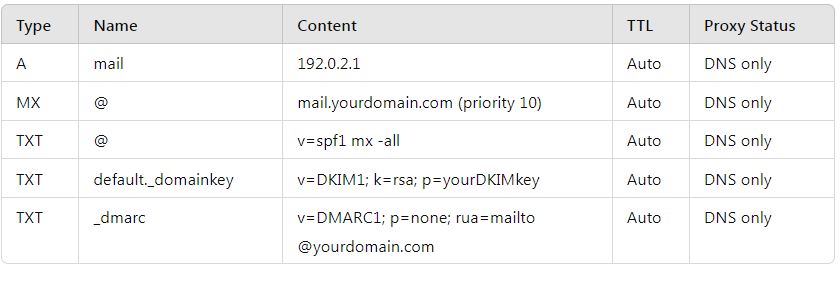Bangladesh is yet to have a permanent backup for its lone fibre optic cable, SEA-ME-WE-4, even though the government has held eight meetings on the issue in the last one year.
Meanwhile, Internet users in the country continue to suffer as the east-bound segment of the SEA-ME-WE-4 faces frequent disruptions, especially in the monsoon, due to hostile marine weather. The segment stretches from Singapore to Mumbai (India) via Malaysia, Thailand, Bangladesh, Chennai (India) and Sri Lanka through the Indian Ocean, The government’s decision of folding its VSAT technology — presumably the only backup for its lone submarine cable connection – fearing it is being used by unscrupulous VoIP operators, has also impacted the country’s connectivity with the international information getaway.
The government on March 31 invited tenders from the private sector for new cables following a telecom ministry decision on March 24 that licences would be provided to lay five more international connectivity cables – two submarine and three terrestrial – on an urgent basis. However, the process seemingly got stuck in the red tape.
A telecom industry expert said the government continued to opt for a costly alternative link through the i2i cable of an Indian company, Bharti Airtel, which directly connects Chennai with Singapore during the repair and maintenance of SEA-ME-WE-4.
“The submarine SEA-ME-WE-4 faces various obstacles and a country, which is a member of the submarine cable consortium, should have at least one permanent terrestrial backup and another undersea backup to channel its Internet traffic through whenever the submarine cable undergoes repair or maintenance,” an associate professor of the Institute of Information and Communication Technology (IICT) of BUET said. But Bangladesh does not have these backups even after repeated suggestions from the experts; he said adding, routing of Internet traffic through the i2i cable of Bharti Airtel cannot be a cost-effective long-term solution.
Incidentally, the International Long Distance Telecommunication Policy 2007 clearly states that international gateway (IGW) will have a primary backbone connection to the international network through the SEA-ME-WE-4 submarine cable, and it will also have a backup connectivity through VSAT (very small aperture terminal) until an alternative submarine cable is available.
But the very small aperture terminal (VSAT) technology is the most neglected area in Bangladesh. No investment has been made in this technology in the last two years despite the fact that the two-way satellite communication system kept the country linked to the international information highway for 15 years. Most of the experts manning it have left for greener pastures.
The government, in August last year, decided to close down VSAT operations without making arrangements for an alternative connection to the SEA-ME-WE-4. Sources say the government’s decision was based on the misleading premise that VSAT opens up avenues for illegal operators of voice over internet protocol (VoIP). However, Bangladesh Telecommunication Regulatory Commission (BTRC) data strangely showed that not a single case of illegal VoIP operation was recorded by VSAT service providers.
“The VSAT apparatus which were confiscated during the drive conducted by the BTRC were illegally procured, no genuine VSAT service provider is involved in any unauthorised business,” Mohsin Rob Chowdhury, member-secretary of Bangladesh VSAT Service Provider Association, told The Independent.
One Mb bandwidth of optical fibre costs Tk 20,700 while the carriage of the same amount of bandwidth on VSAT cost Tk 2,20,000, Mohsin pointed out saying, the unscrupulous VoIP operators are using a costlier mode of information transport.
Md Monwar Hossain of Bangladesh Submarine Cable Company Limited (BSCCL), the custodian of the SEA-ME-WE-4, says Banglatrek, Novotel and Mango Telecom, the consultants that have established the optical fibre network in Bangladesh, have bilateral deals with Bharti Airtel.
“The government has nothing to do with the use of i2i cable as backup,” Hossain further says.
After the government floated a tender on March 31, only one company submitted an expression of interest (EoI) for a backup submarine cable, Hossain says adding, “But several EoIs were received for the terrestrial backup cables.” The credentials of the companies that submitted the EoIs are now being checked by the telecom ministry, he says.
About VSAT, Hossain says it has direct international getaway (IGW) connectivity and a lot of companies misuse that by doing illegal VoIP.
“The government shut down some of the VSAT operations, but not all. Many companies still have VSAT as backup connectivity,” he points out.





